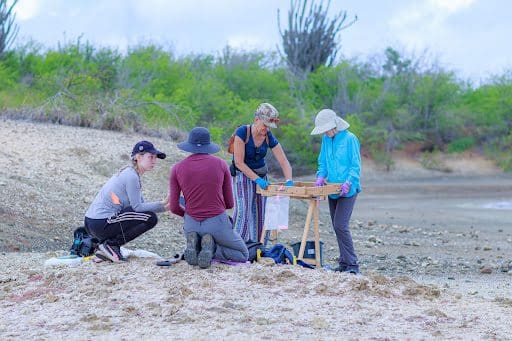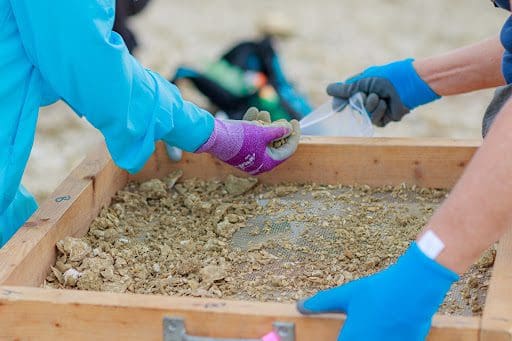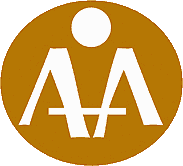Curaçao Cultural Landscape Project
The National Archaeological Anthropological Memory Management Foundation (NAAM) has entered into a multi-year research collaboration for the international project ‘Curaçao Cultural Landscape Project’, in which Curaçao and its cultural-historical heritage are central. The project has started after four years of preparation. Over the next month, archeology students will gain experience in fieldwork, accompanied by foreign and local archaeologists and experts who will jointly analyze the finds.
Curaçao Cultural Landscape Project
Curaçao serves as a model for current scientific issues relevant to the Caribbean region regarding ecosystem and biodiversity changes, as well as climate change. The Curaçao Cultural Landscape project focuses on the question of how the inhabitants of Curaçao have influenced the natural environment and biodiversity since around 1900, as well as which solutions have been devised in the past for the challenges of the climate, including extreme drought, tsunamis, storms , etc. The results will contribute to solutions for contemporary consequences. These issues are not recent, as is often thought, but started with the earliest inhabitants of Curaçao (around 3400 BC) and are still taking place today.
Cooperating organizations
This equal collaboration between the NAAM Foundation and with Simon Fraser University in Canada, a state university committed to research, the University of Queensland in Brisbane, Australia, Department of Paleoecology of the Max Planck Institute, a well-known research institute within and outside Germany and QLC inc . / InTerris Registries, an American company specializing in data processing for archaeological projects is largely sponsored by the National Geographic Society.
Public Program
In the context of awareness and local involvement, there is also room for public participation. Volunteers will get to know the archaeologists, their different specializations and help with the work, such as excavating and collecting finds. Interested parties can help out in the field on Sundays 10, 17 and 24 July from 8:00 AM to 11:00 AM. You can also sign up as a volunteer for find processing (washing, sorting and packing).
On Saturday 30 July there will be an open day for anyone interested in the results. The archaeologists will exhibit the latest finds and explain the fieldwork and what new information the research has yielded. There is of course also the possibility to ask questions. In August, Professor Christina Giovas will give a workshop on Archaeozoology. This workshop consists of three Saturdays (August 6, 13, 20 from 9:00 to 15:00) and will take place at Stichting NAAM. The language of instruction is English, but support is available for Papiamentu and Dutch-speaking participants.
Finally, an online symposium will be held in November in which the first results of the research will be shared on an international digital platform.


